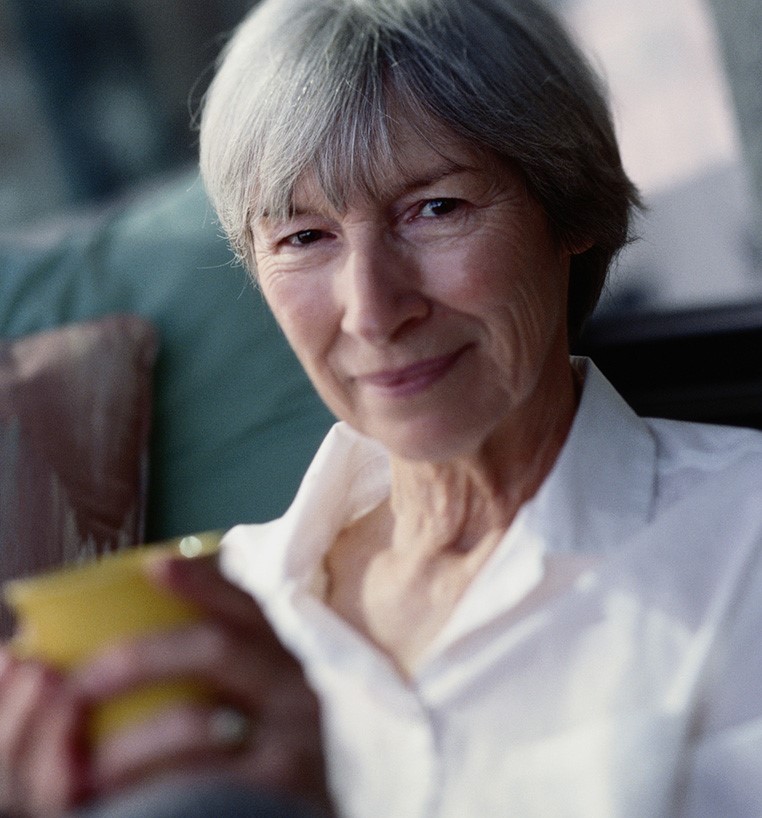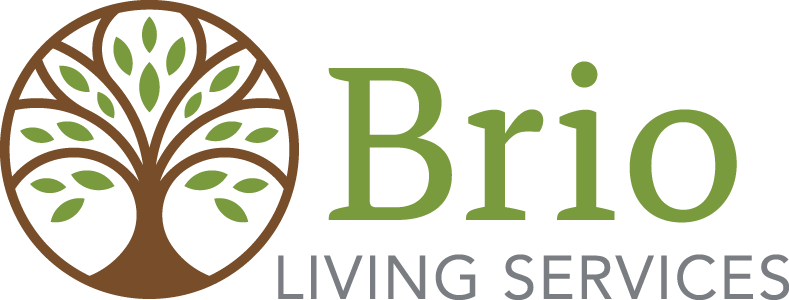
As we approach the joys of the holiday season, some of us also experience the negative effects of shorter days and lack of sunshine during these gray days of winter. We may be feeling sluggish, experiencing problems sleeping, craving carbohydrates, losing interest in activities we enjoy, and feeling hopeless. These symptoms may be a sign of Seasonal Affective Disorder (SAD), a form of depression that affects an estimated 10 million Americans.
More than just the “winter blues,” SAD is thought to be triggered by the change of the seasons. It may stem from a disruption to our daily circadian rhythms as a result of decreased hours of daylight and changes to our sleep patterns. The reduction in sunlight can change the way our bodies produce serotonin, which helps lift mood, and melatonin, which affects sleep and mood patterns. Symptoms of SAD usually start in late fall, worsen in January and February, then ease as the days become longer in the spring.
Options such as light therapy have proven to be effective for many experiencing symptoms of SAD, particularly when used in the morning, upon waking. Research has shown that exposure to bright artificial light, such as a 10,000-lux light box, can improve symptoms. Other ways to improve the effects of SAD may include a healthy diet and exercise, spending some time outside or sitting near windows when inside, relaxation and stress management techniques, and a consistent sleep schedule.
Grief over the loss of a loved one, divorce or separation, loss of a job, or living with an illness can also bring feelings of depression that are exacerbated by the holidays. Many churches have begun offering “Blue Christmas” services for those experiencing grief during the holidays. These are often held near the time of the Winter Solstice on December 21, also the longest night of the year.
In November, Emmanuel Hospice, a Brio Living Services partnership, offered a workshop on “Handling the Holidays” for our residents at Porter Hills Village as well as the general public. Katie Mayberry, LMSW, a bereavement coordinator with Emmanuel Hospice, shares: “The holidays can be a stressful time under normal circumstances. Expectations are high, and logistical planning can be chaotic. These added stressors on top of what we are already experiencing as a result of seasonal depression, or grief and loss, can make things more difficult. Having a plan to manage expectations and make modifications as needed, honors yourself, the person you’ve lost, and those around you by allowing space for communication, self-compassion, and healing.”
Your mental health is a vital part of your overall physical health. If your symptoms persist after the holidays, you may be experiencing depression, a serious condition that affects many older adults, according to the National Institute on Aging. Talk to your doctor to seek effective treatment options, along with following a healthy diet, getting enough sleep, and connecting with loved ones.
“You are not alone,” says Amanda Taylor, Transitions Coordinator for Brio Living Services. “Many people feel down around the holidays, but there are many resources to help you cope.” Contact Amanda at ataylor@mybrio.org to connect you with helpful resources within your community.
